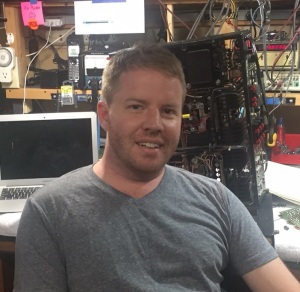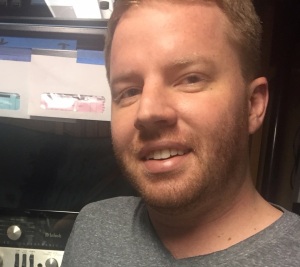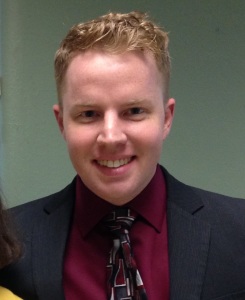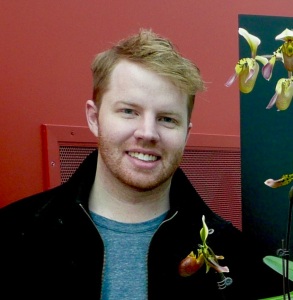Hot springs, geothermally formed bodies of water found along fault lines and in places with volcanic activity, have been recognized for their health benefits since ancient times. Today, tourists flock to resorts built around hot springs in hopes of finding relief from stress, aching joints, and skin problems.
While some hot springs have spurred development, others have been left in their natural state. Yellowstone National Park is home to more than 60 percent of the world’s geysers and hot springs.
Tourists love to see the park’s geothermic activities, but the constant crowds have damaged the natural wonders in Yellowstone and in other lesser-known locations. In Yellowstone, trash and items such as coins, rocks, and logs have contaminated the popular hot springs. To preserve these natural wonders for future generations, visitors need to treat them with respect and care.
About the Author:

While earning his PhD in chemistry at the University of Minnesota, Evan A. Weitz worked as a research assistant. Today, Mr. Weitz is the senior lab technician at an audio-visual equipment company, where he coordinates the repair and restoration of vintage hi-fidelity audio equipment. Away from his professional responsibilities, Evan A. Weitz is committed to the protection and maintenance of the natural, undeveloped hot springs in Montana, Wyoming, and Idaho.



You must be logged in to post a comment.